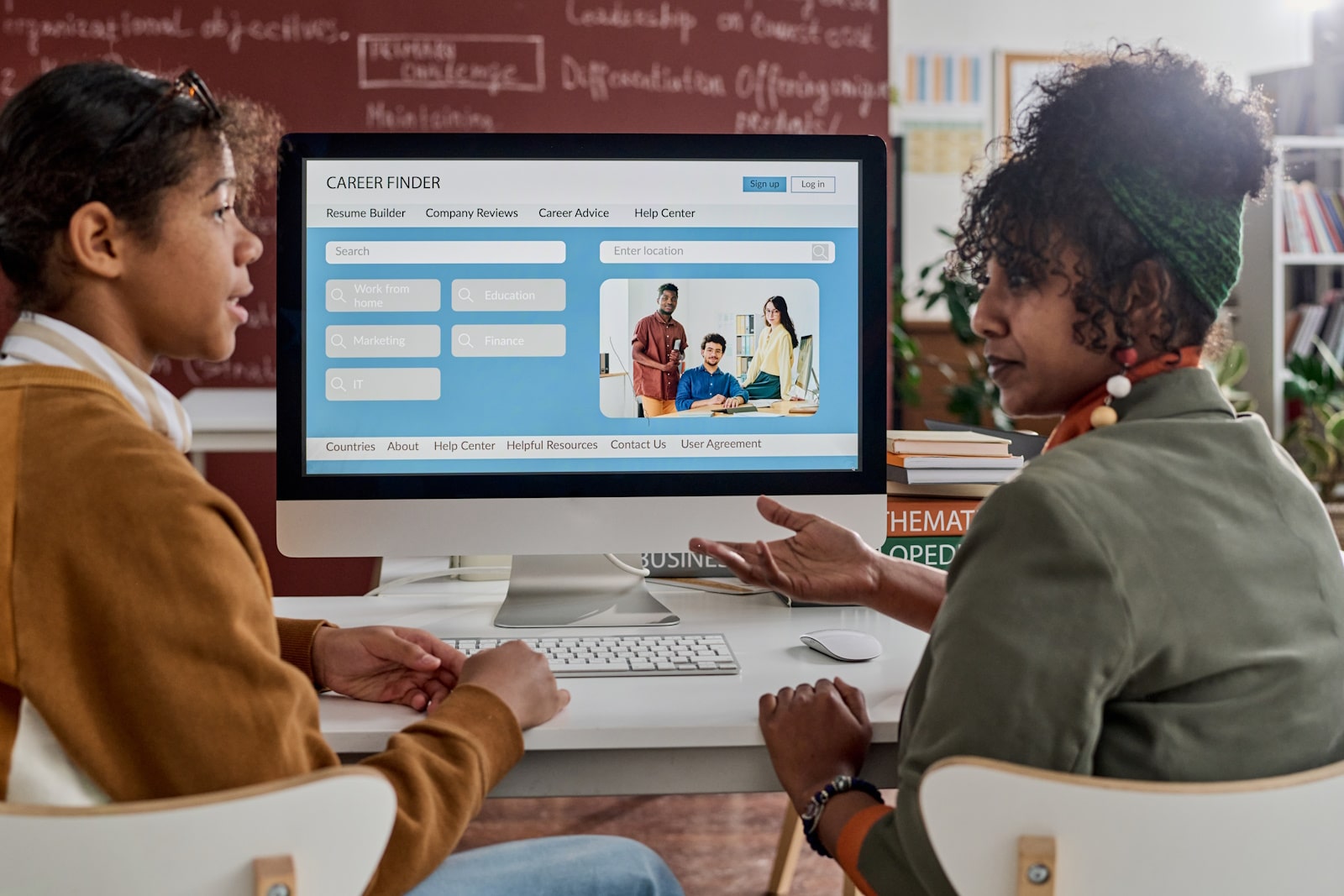
Privacy, Security and Data Protection for a LMS in South Africa
Learner Management Systems in South Africa have become the backbone of modern teaching, training and administration. From schools and colleges to private training providers, these systems hold vast amounts of sensitive learner information, shaping how education is delivered and evaluated. However, with that central role comes significant responsibility to ensure data privacy, system security and compliance with national laws.
In the environment of growing cyber threats and increased data regulation, educational institutions cannot afford weak digital defences. Understanding how to secure a learner management system in South Africa, and applying best practices consistently, protects not only student data but also institutional reputation and continuity of learning.
Data Collection and Storage Practices
Every learner management system in South Africa gathers extensive learner data. This includes personal identifiers, progress records, academic performance and communication logs. Storing such data responsibly requires clarity about what is collected and where it resides.
To achieve this, institutions should prioritise the following actions:
- Data mapping: Identify all types of learner data stored within the LMS and its associated systems.
- Data minimisation: Collect only essential information required for learning, assessment or administration.
- Encryption at rest: Secure stored data in databases, backups and servers through strong encryption.
- Access segmentation: Separate administrative, educator and learner data permissions.
- Regular backup and versioning: Maintain off-site, encrypted backups with clear recovery procedures.
These steps help institutions create a transparent and secure data environment. Combined with consistent reviews and audits, they ensure learner information is stored ethically and securely, mitigating risks of data exposure or loss.
Compliance with POPIA and Legal Obligations
The Protection of Personal Information Act (POPIA) governs how personal data must be handled in South Africa. Institutions using a learner management system in South Africa must align their processes with these principles to safeguard learners’ rights and institutional integrity.
Key compliance requirements include:
- Lawful and minimal processing: Gather and use only the data necessary for defined educational purposes.
- Informed consent: Clearly explain how learner data will be used, stored and shared.
- Cross-border protection: Ensure equivalent safeguards if data is hosted outside South Africa.
- Security measures: Implement both technical and organisational defences to prevent unauthorised access.
- Breach notification: Report data compromises promptly to the Information Regulator and affected parties.
Following these requirements not only ensures legal compliance but also strengthens trust between institutions and learners. As recent enforcement actions have shown, neglecting POPIA can result in reputational damage and financial penalties, making compliance a strategic imperative.
Cybersecurity Threats Facing LMS Platforms
The education sector is increasingly targeted by cybercriminals, making proactive defence a necessity. A learner management system in South Africa must be safeguarded against both external and internal threats that can disrupt operations or compromise data.
Institutions should be aware of the most pressing risks:
- Phishing and social engineering: Attackers trick staff or students into revealing login details.
- Ransomware: Systems are locked until payment is made, risking data loss and downtime.
- SQL or code injection: Exploiting poorly secured web applications to access or alter data.
- Denial-of-service (DoS) attacks: Flooding servers to make systems unavailable.
- Insecure plugins or integrations: Third-party extensions introducing vulnerabilities.
- Insider threats: Errors or intentional actions by staff that expose sensitive data.
Awareness, training and technical vigilance are critical. Regular vulnerability assessments, updated firewalls and secure plugin management are essential components of a comprehensive defence strategy for any institution relying on an LMS.
Training and Awareness for Educators and Administrators
Human error remains one of the leading causes of data breaches, making staff education a vital layer of protection. Anyone who interacts with a learner management system in South Africa should be trained to recognise and prevent potential security incidents. Institutions can strengthen resilience by ensuring that staff understand password hygiene, safe data sharing practices and the risks posed by phishing attempts or social engineering.
Ongoing awareness initiatives help create a culture of shared responsibility across the organisation. Regular workshops, security updates and internal communication campaigns remind educators and administrators of their role in maintaining compliance and safeguarding data. When awareness becomes part of the institutional mindset, the human element shifts from being a vulnerability to becoming one of the system’s strongest safeguards.
With over two decades of experience in digital learning and system development, Sound Idea Digital has become a leading provider of tailored eLearning solutions for corporate clients. The company specialises in creating scalable, user-focused platforms that enhance training, compliance, and professional growth. Its flagship product, Collective Mind LMS, is a robust and fully customisable Learning Management System designed to support over 20 000 active users. Built for large-scale organisations, it offers seamless integration, intuitive navigation, and a range of features such as automated reporting, gamification tools, and advanced analytics to suit each client’s unique learning culture.
Beyond system development, Sound Idea Digital provides a full suite of eLearning services, including custom content creation, instructional design, and LMS hosting and support. The company’s multidisciplinary team combines creativity, technology, and educational expertise to deliver engaging and effective learning solutions. With ongoing system updates and innovations informed by client feedback, Sound Idea Digital ensures its clients stay ahead in the ever-evolving digital learning landscape.
A Safer, More Resilient LMS
In a world increasingly reliant on digital education, safeguarding personal information is non-negotiable. The learner management system in South Africa sits at the intersection of technology, law and ethics, carrying both immense potential and responsibility. Strengthening security, enforcing privacy standards and maintaining compliance with POPIA are no longer optional, they are the foundation of trustworthy education.
We at Sound Idea Digital understand that every institution’s challenges are unique. If you would like guidance in securing your learner management system in South Africa, ensuring POPIA compliance or developing tailored digital policies, get in touch with us. Together, we can help you build a safer, more resilient learning environment for your students and staff.



